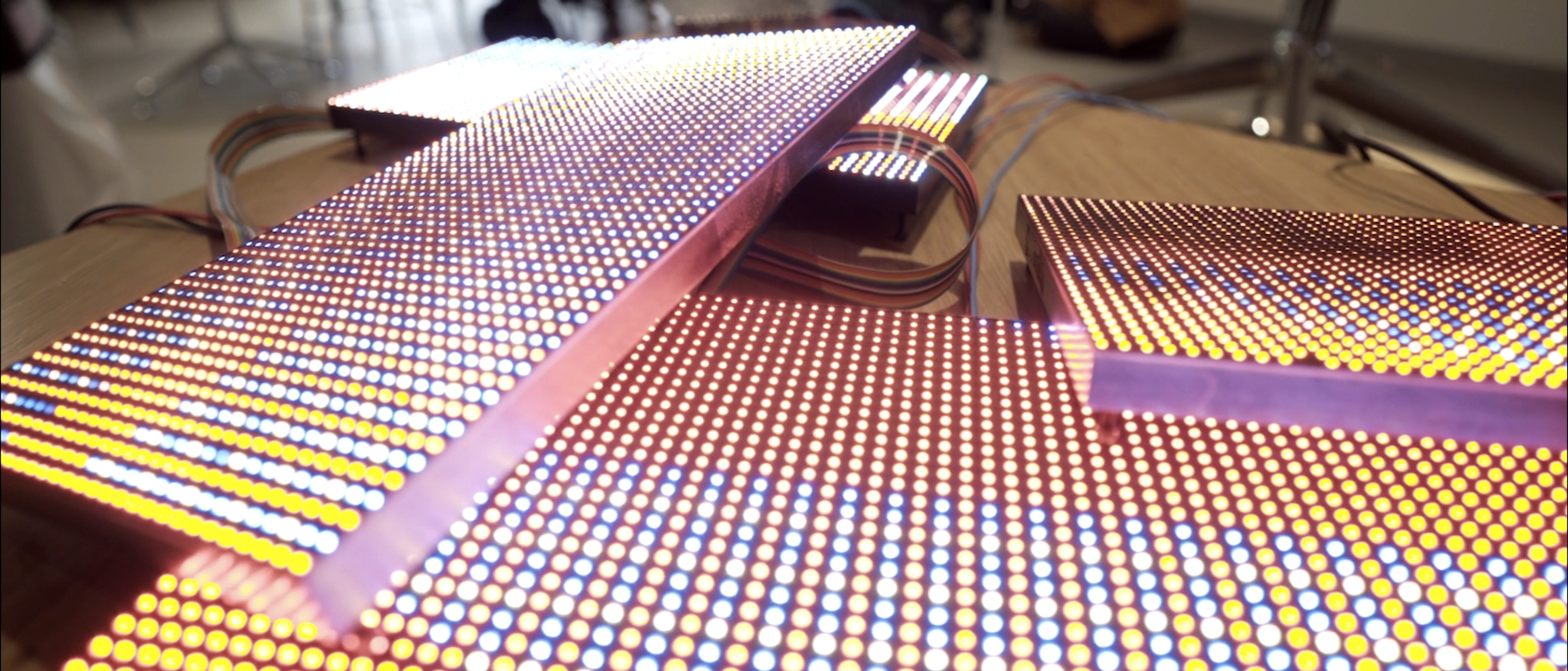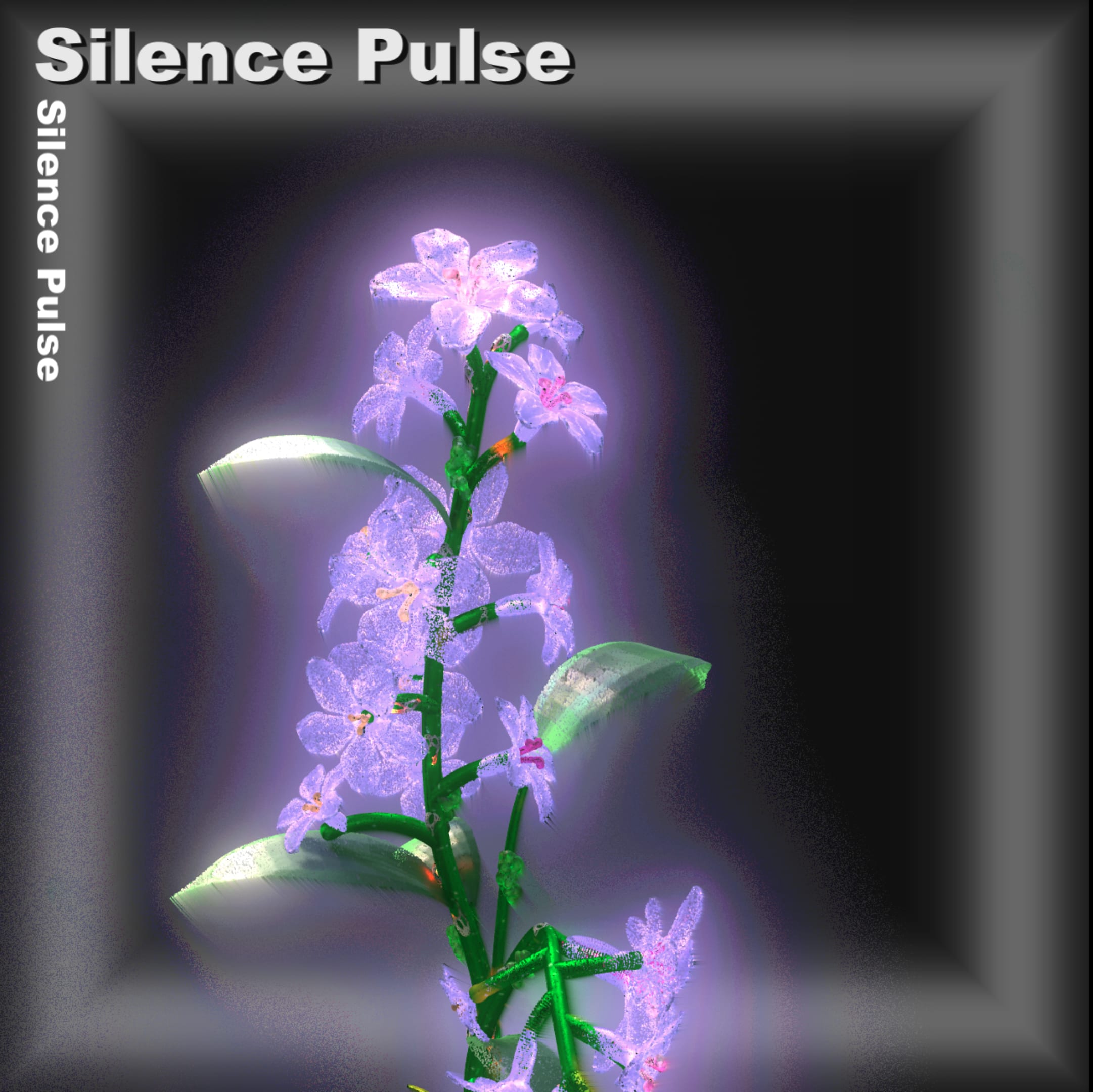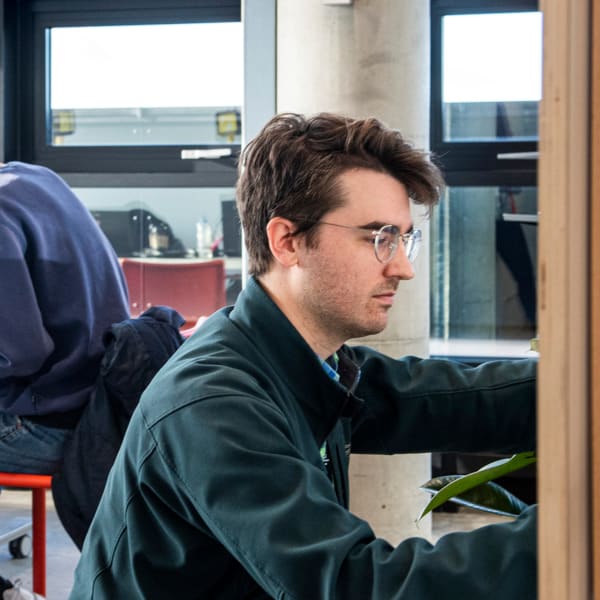Course units
Year 0
Unit summary:
This optional year introduces you to a foundational understanding of creative computing including creative practice and digital production.
- Foundational Methods for Creative Computing One
- Introduction to Creative Computing
- Introducing Creative Practice
- Foundational Methods for Creative Computing Two
- Computational Practices: Digital Production
- Introducing Computational Practice
Year 1
Unit summary:
You will begin to broaden your computational skill set with an underpinning in coding – covering an introduction and building to include Data, Maths and Methods. Skills will be applied to creative making and computational practices encompassing sound and image processing as well as experience and physical computing.
- Coding One: Introduction to Creative Computing and Coding Practice
- Critical Studies: A History of Computing and Computational Creativity
- Creative Making: Design and Coding Visuals
- Coding Two: Data and Algorithms
- Computational Practices: Sound and Image Processing
- Creative Making: Physical Computing
Year 2
Unit summary:
As you develop your computational understanding you’ll progress into digital making involving both Experimental Human Computer Interaction and Big Data.
- Coding Three: Web Development Studio
- Critical Studies: Network Thinking
- Creative Making: Experimental Human Computer Interaction
- Coding Four: App Development Studio
- Computational Practices: Visualisation and Sensing
- Creative Making: Art and Artificial Intelligence
Year 3 (Optional Year in Industry)
Unit summary:
The Diploma in Professional Studies is an optional placement year in industry between the second and third year of the course. It is a managed year of professional experience, largely undertaken in the design profession in a variety of national and international locations.
Successful candidates are selected on a competitive basis from academic performance and studentship, successful completion of the DPS bridging studies and by portfolio and proposal.
Year 3 / 4
Unit summary:
In your final year you will explore computational approaches to machine intelligence and the ethical implications of such technologies. Alongside this you will develop creative project work using machine intelligence frameworks and have the opportunity to develop a self directed graduation project that brings together the skills and expertise you have gained throughout the course.
- Coding Five: Approaches to Machine Intelligence
- Critical Studies: Computational Ethics
- Creative Making: Research and Design for the Graduation Project
- Computational Practices: Creative and Digital Industries
- Creative Making: Graduation Project






